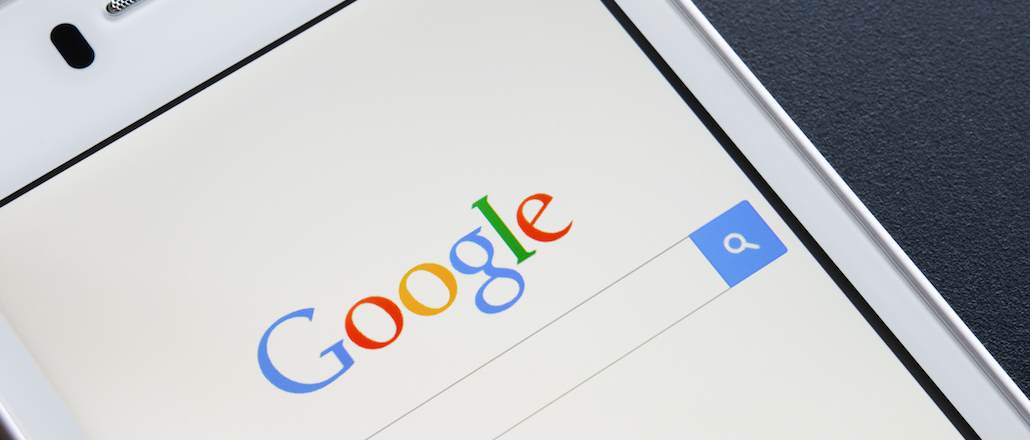Secure your place at the Digiday Publishing Summit in Vail, March 23-25

Google is about to give brands a new way to target their own customers with ads across its platform, opening a marketing opportunity already offered by top rival Facebook. The search giant is set to announce the upgrade during Advertising Week, according to industry sources, kicking off on Monday.
The new program lets advertisers import their customer lists to Google and market to those audiences in Gmail, search and YouTube, according to the sources, who have been briefed on the product.
“Basically, advertisers will be able to take their customer files and match them against Google’s Gmail master file,” said one search marketing executive, speaking on condition of anonymity. “From that list of matches, they can create an audience list from which to target ads across Google’s empire.”
Brands will also be able to target Internet lookalikes — users who share the same characteristics as people on the brands’ customer lists, the sources said.
“This is the next logical step for Google — a product like Facebook’s custom audiences,” said one executive at an ad tech company, who works closely with Google.
Facebook and Twitter have similar audience-building ad programs that allow brands to retarget users, so they can serve messages to their customers on those platforms. Facebook describes its offering as “people-based marketing,” because it allows advertisers to deliver ads to known consumers rather than just guessing who is on the other end of the computer.
Of course, Facebook has almost 1.5 billion registered users. While Google still dominates the overall online advertising market, Facebook has become a formidable competitor. With its highly targeted marketing product, the social network leads Google in display ad revenue in the U.S., $6.8 billion to Google’s $3.5 billion in 2015, according to eMarketer.
However, Google has yet to fully exploit many aspects of its business, as evidenced by this new audience matching tool for advertisers. Gmail has 900 million registered users, and Google owns heavily used properties like the Chrome Web browser, Android phones, Google Play and YouTube.
Google has been slow to adopt more targeted ad systems in part because regulators and industry watchdogs are constantly scrutinizing its practices. Facebook’s push into this area helped pave the way for Google, though, sources said.
“All of a sudden, we can retarget people in search, Gmail and YouTube,” said the search marketing source.
Google declined to comment for this article.
Brands and agencies have been waiting for Google to allow for this type of targeting. For almost any other big social platform, such a move would be expected, but ever-private Google is “starting to join 2015,” said the search marketing executive.
Google already allows some retargeting into search with its Remarketing Lists for Search Ads, but that’s always a tricky proposition, marketers said. It’s tough for brands to really know whether their ad showed up appropriately in an individual search result.
All top brands have gotten serious about managing data on consumers, amassing email lists and creating segments of their audiences — breaking them up by age, gender, income, household attributes — for marketing purposes.
“All you have to do is import your customer list, match targets across Google and that will drive revenue,” the search marketing source said.
More in Media

Why more brands are rethinking influencer marketing with gamified micro-creator programs
Brands like Urban Outfitters and American Eagle are embracing a new, micro-creator-focused approach to influencer marketing. Why now?

WTF is pay per ‘demonstrated’ value in AI content licensing?
Publishers and tech companies are developing a “pay by demonstrated value” model in AI content licensing that ties compensation to usage.

The case for and against publisher content marketplaces
The debate isn’t whether publishers want marketplaces. It’s whether the economics support them.





